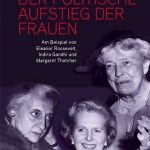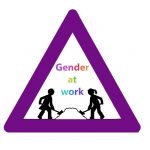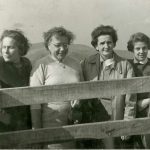 15th Annual Graduate Conference in European History (GRACEH) (Web)
15th Annual Graduate Conference in European History (GRACEH) (Web)
Venue: University of Vienna
Time: 07.-09.04.2021
Proposals by: 03.12.2020
Currently, knowledge and the status of knowledge are increasingly being contested in discourses outside academia, for example through the circulation of so-called alternative facts on social media and by leading political figures. History of Knowledge has appeared as a field of research in the 2000s which is not only concerned with knowledge as a “product” and the question whether certain forms of knowledge are “true” or “false”, “good” or “bad”, “useful” or “useless”. Instead, its interest lies with the actors, practices and processes that revolve around and constitute knowledge. In contrast to the more traditional History of Science, the New History of Knowledge asks how, when, and possibly why a certain type of knowledge appears, disappears, and further, what effects it has, in which contexts it functions and who its carriers are (Sarasin 2011, 165).
In accordance with this new approach, we refer to Philipp Sarasin when defining knowledge as an intrinsically historical phenomenon: It circulates between people, groups and institutions and constantly evolves, changes and realizes anew (Sarasin 2011, 166). The New History of Knowledge perceives knowledge as a form of communicative action, of which circulation is a constitutive feature (Secord 2004, 661). Within this dynamic and circular exchange (Kreuder-Sonnen 2018, 14), knowledge is constantly created, mobilized and transformed. While transfer is usually seen as a unidimensional form of exchange, a circular approach implies that knowledge is distributed in all directions, different fields and various societal contexts. Even so, it is important to note that knowledge does not spread freely; it is not equally accessible to all nor evenly distributed (Sarasin 2011, 164; Östling et al. 2018, 18).
Thus, the “circulation of knowledge” as a concept brings together heterogeneous actors, spatialities, practices, systems as well as orders of knowledge, which provides the opportunity to reconceptualize established spatial, chronological, social and cultural categories (Raj 2007). Furthermore, this concept enables us to detect dynamic movement between often overlooked actors, places and social settings – even in asymmetrical power relations (Kreuder-Sonnen 2018, 13). Read more … (PDF).







